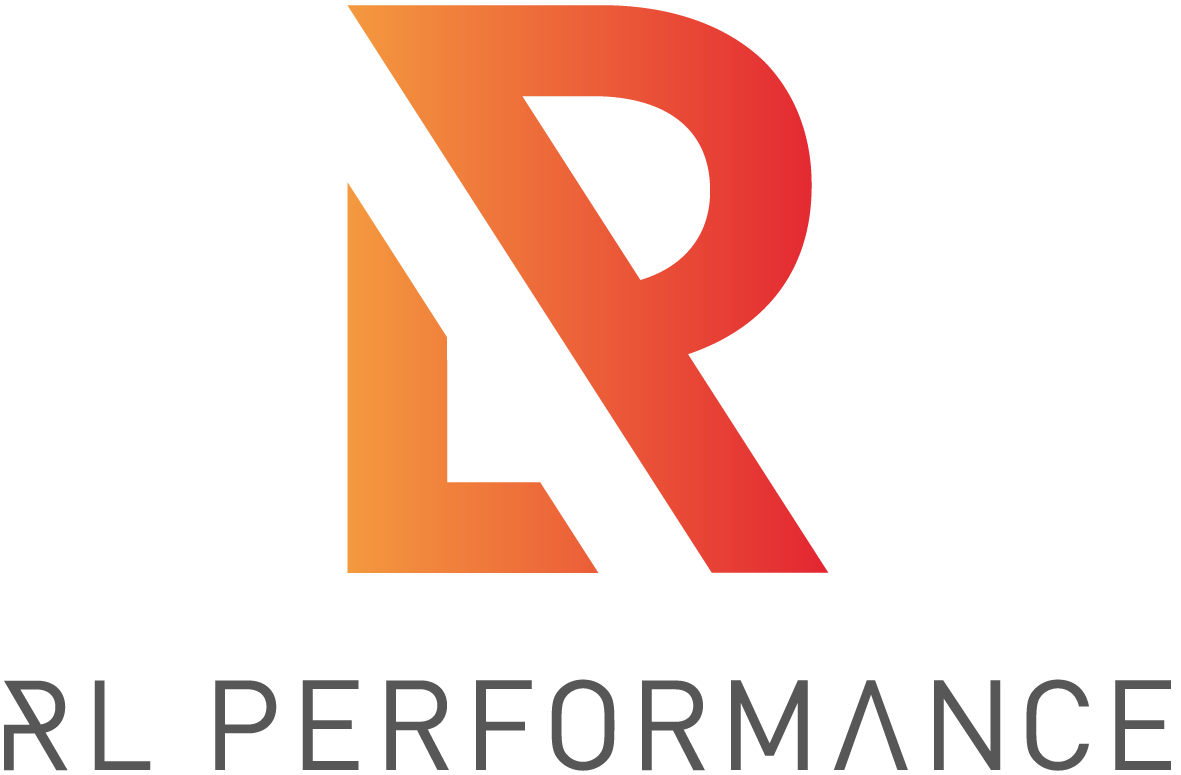Coaching, with AI – my reflections after taking some AI-focused courses
Copilot's response to: "Create a colourful image that best represents a male executive coach writing a blogpost about artificial intelligence."
As a coach with EZRA Coaching, I was recently selected to take a Microsoft-certified course for Career Essentials in Generative AI, along with Get Started with Microsoft Copilot (spoiler: I passed first time!). The courses raised some new thinking for me and how coaches can use AI to enhance the coaching experience for their clients.
K-nearest neighbour? Naive Bayes? Overfitting and underfitting data? Argh! I’m an executive coach – what on earth does any of this mean, and how is it related to being a better coach?!
As a former marketer-turned-executive coach, I’m instinctively allergic to engineering-centric topics! I’ve got great respect for it as a discipline, but I definitely wasn’t blessed with an engineering mindset at birth. Hence, a marketing career duly followed.
However, I’d attended a few bits of CPD over the past year on AI and its potential impact on coaching. Most of the CPD has a doomsday feel to it (“Will AI sound the death knell for human coaching?” was one), yet my gut sense was that the changes to the coaching industry would be more nuanced.
So when the opportunity came up out of the blue to take some courses on AI, I jumped at the chance to learn more.
A few sessions into Career Essentials in Generative AI and I realised I was going to have to confront some engineering-related demons! Phrases like the ones I used at the top of this post and many more besides, introducing me to a whole world of topics that I’d normally shy away from. There was also a highly interesting section on ethics and AI, including a very helpful framework devised by an AI ethics expert. I’d taken some CPD in the past couple of years about ethics in coaching, so I started to think “hmm, ok…coaching and ethics are intertwined, and you found that interesting. See? It’s not all tech jargon!” By the end of the first course (I thought the presenters were great), I was fascinated in all things AI and it sparked a desire to add more AI-related reading to my coaching practice.
"We'll be expected to be as proficient at using AI tools tomorrow as we are today at MS Office, Google Docs, and Zoom"
The second course, Get Started with Microsoft Copilot, focused on the practical use of Microsoft’s proprietary AI tool and in particular how Copilot for Microsoft 365 can make one’s life easier when using the Microsoft suite of applications. I was particularly interested in the chapter that focused on Microsoft Teams given that a large amount of my coaching is virtual, and I’d played around a little bit with Copilot on Teams already.
I specifically named this post “Coaching, with AI” rather than “Coaching and AI” because my take from the courses is that the AI-powered tools can add to a coach’s work; complementing coaching sessions as a partner rather than a competitor to human-delivered coaching. After completing these courses I’ve come to the conclusion that there’ll be upsides for coaches who are comfortable using AI as a value-add to their sessions. In fact - to put on my old marketer’s hat for a second - I’m convinced that a working knowledge of AI will help coaches to differentiate themselves in the market and provide a distinct value proposition. With another company in the news every day at the moment giving their employees access to Copilot, coaches will find themselves having more conversations with more people who are comfortable using AI functionality. My sense is that they’ll expect a coach to know how to use it and embed it into a coaching session.
In fact, I predict that before too long recruiters/coaching platforms will expect candidates/coaches to be as proficient at using mainstream AI tools as we all are today using Excel, Zoom, Teams, etc.
So, I can now tell the between a Generative Pre-Trained Transformer (spot the acronym?) and an Artificial Neural Network. Hurrah! That’s definitely useful information in a world of totally new language for me to learn. What’s going to be more helpful in the long run is the realisation that in a world of hundreds or thousands of coaches with a similar skillset looking for similar clients, there’s an opportunity around differentiation and customer experience for coaches that embrace the power of AI. How coaches choose to use it will be – as with every other single thing we do – in the service of our clients.
Richard Lassiter is a dual-accredited executive coach and the founder of RL Performance, an executive coaching and leadership consultancy.

